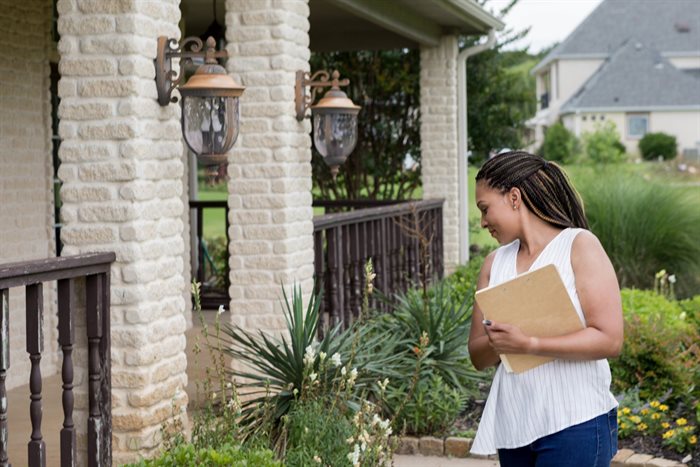
Top stories






More news
















“Ask for the contractor's credentials and verify them with the relevant authorities,” he advises. “The seller may have tried to keep costs down, appointing someone they know instead of an expert, and a poor assessment could have been done. You need to check those credentials before you buy,” he says. “It is wise to bring in your own experts to inspect the premises.”
Marike Ehlers of Snymans Inc Attorneys agrees. “While a Defects Disclosure Document will provide the buyer with a good overview of the property being purchased, it is essential that the purchaser conducts their own inspections.” There may be defects that are not visible to the naked eye - the seller may be unaware of these and will therefore not disclose them, she explains.
“It's important to remember that the seller is not an expert in the field of compliance certificates,” she says, adding that the property must comply with relevant legal regulations. As Homan points out, these differ around the country.
“The three main certificates that are required are the electrical, gas and electric fence certificates. Different provinces have other by-laws that stipulate further certificates: in coastal regions, for instance, a beetle certificate is required and, in Cape Town, a plumbing certificate is required,” explains Peter Wiehahn, who specialises in property law at Kaplan and Blumberg. “From our point of view, we require that compliance certificates are issued before the transfer registration.”
At the very least, ensure that the certificate has not lapsed and is valid, compare the certificate to the seller’s disclosure, and if you have any queries, call in your own authorised expert to highlight any defects that the seller should attend to before registration.
Where a compliance certificate has been issued but is later found to be invalid, the buyer can insist that the seller bring the installation up to a standard that is compliant with statutory requirements.
"The seller will be able to hold the service provider who issued the invalid certificate liable," says Ehlers. "The seller may institute a claim for damages against the service provider for damages they suffered because of the purchaser instituting action against them for the defective certificate. If not already attended to by the purchaser, the seller will need to appoint a second accredited person to attend to the necessary repairs and to re-issue a valid certificate."
“The parties can negotiate who will be responsible for the costs of repairing any electrical defects and when they will be attended to," says Ehlers. “but the norm is for the seller to appoint an accredited service provider to issue a valid compliance certificate.”
"Should defects be detected by accredited service providers while inspecting the property to issue a compliance certificate, the party who accepted responsibility in the deed of sale would be liable for the costs associated with the repairs. The seller will remain liable for the costs associated with issuing the compliance certificate."
"Should it, therefore, be proven that an electrical defect is related to an already issued compliance certificate and which defect only came to light after the certificate has been issued, the purchaser will be able to hold the seller liable. The seller will, in turn, hold the accredited service provider liable for the damages. It will involve a damages claim and can become a costly litigation affair."
Your ECC should have been issued within the last two years. There should not have been any alterations to it since it was issued.
It should cover the distribution boards, wiring, socket outlets, light switches, earthing, bonding of all metal components, including satellite dishes and antennas, and isolators for fixed appliances. It is important to check that the company conducting the inspection includes fixed appliances like the geyser, stove, fans or underfloor heating appliances.
The GCC is required for built-in gas stoves, geysers, braais, fireplaces, etc. The certificate is issued once the installation has been inspected and the authorised expert is satisfied that it is safe and that the emergency shut-off valves and other components have been installed in the correct positions, for example, in relation to electrical points. Cylinders outdoors need to be a certain distance from doors, drains, windows and electrical appliances.
This certificate must be issued every time there is a modification to the fence or the property changes ownership. It should have been issued within the last two years.
According to the City of Cape Town, a registered plumber should undertake this inspection and certification. It will only be issued if:
Selected properties will also be inspected by a City of Cape Town water inspector to ensure compliance. The city will take up any issues of non-compliance directly with the plumber.
This certificate is only valid for three to six months and must be issued by a qualified entomologist and certified member of the SA Pest Control Association.